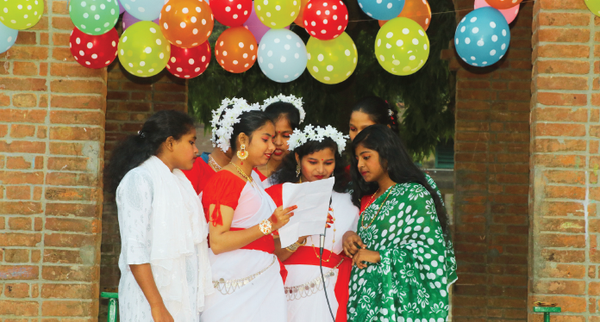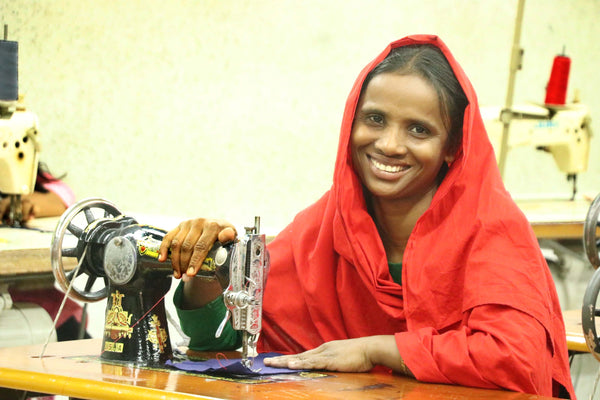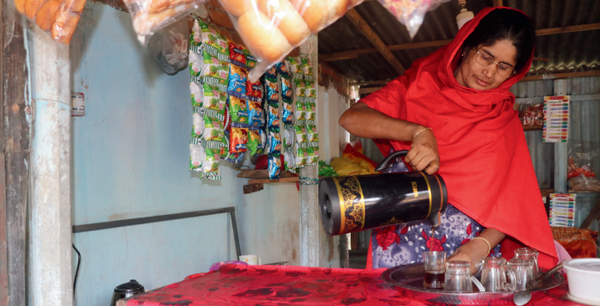Warm Clothing For Rohingya Refugees
The Rohingya refugees, who have already suffered Bangladesh’s stifling heat and monsoon rains, are now bracing themselves for a harsh winter; and with a lack of warm clothing this only adds to their ongoing misery. At the Rohingya refugee camps in Cox’s Bazar (Southern Bangladesh), doctors are warning against the increased risk of an outbreak of cold-borne diseases, such as respiratory tract infections.

In such conditions it is the children that are the most vulnerable. During winter, the temperature in Cox’s Bazar dips to around 10–15 degrees, with December and January being the most unbearable months.

So, as winter is fast approaching, the Rohingya children need warm clothes and having bared this in mind, The Sreepur Village has already made some winter clothes for the very young. To date, we have made 1,306 fleece hoodies for the smallest and most vulnerable children (under one-year-old).

During the second week of December, The Sreepur Village will, in person, be distributing these products to the young Rohingya children. We believe that these warm hoodies can, at least, protect some of the most vulnerable children from winter’s severest weather conditions.
A few days ago, Pat received the hoodies made by DBL Group, a local garment factory in Mawna Fashions Limited, Gazipur. Most of the fabrics were provided by Crystal Martin Apparels Bangladesh Ltd. and The Sreepur Village.
The photos show Mr Salahuddin Ahmed, DGM, from the Industrial Engineering department of DBL Group, handing the finished garments to Pat. Mr Shafiqul Islam, Senior Manager, HR, and other management from DBL were also present.
Leave a comment
Also in News

The Route to Happiness

Bobita's Story of Resilience and Determination
In 2020 after her husband left her for another woman, Bobita was welcomed at Sreepur Village, the only residential organisation in Bangladesh to offer long-term training and development to mothers while ensuring they remain together with their children

Transforming Kulsum's Life.
When life took a difficult turn with her husband falling ill and struggling to support the family, Kulsum faced challenges that seemed insurmountable. Despite seeking help from her family, the situation remained incredibly tough. However, the introduction to Sreepur Village and the assistance provided by the organisation marked a turning point in Kulsum's life.



